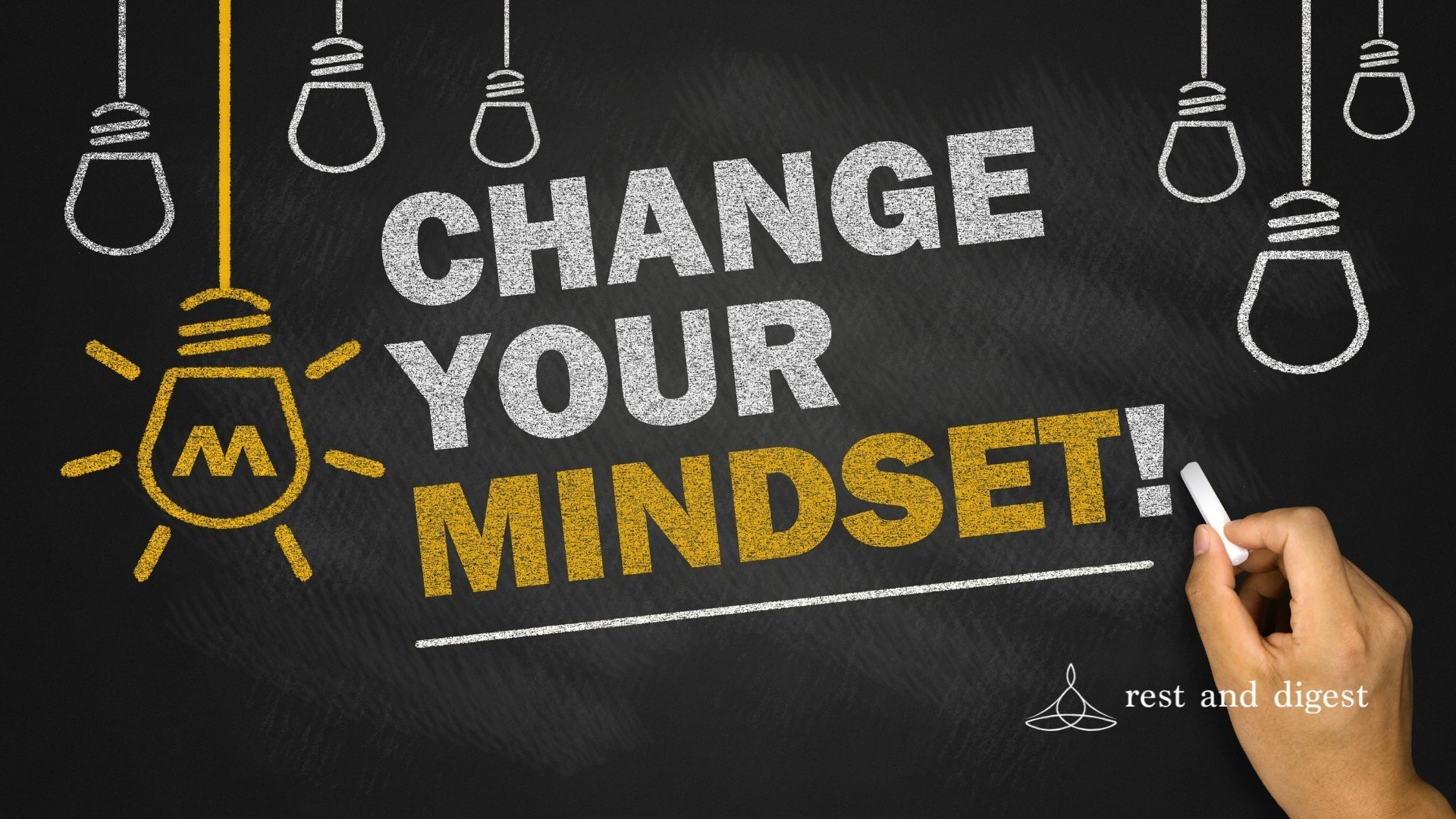
The Power Of Doing Nothing: How Rest Can Rewire Your Nervous System
We live in a world of productivity where hustle culture is celebrated and burnout is normal, rest seems like a luxury—or worse, laziness. Yet science and personal experience show that rest is not only good for our well-being but also a powerful tool to rewire and restore our nervous system. Doing nothing might be the most powerful thing you can do for your health and happiness. Forget the guilt and stigma and make the priority looking after your physical and mental health by getting more rest and including proper rest into your daily and weekly routines.
Let’s dive into how rest works, why it matters and how you can do more of it—guilt free.
What Is Rest?
Rest is not just the absence of work or activity; it’s a deliberate pause—a state where the body and mind can recover, repair and reset. Rest can be passive like sleeping or lying down or active like walking in nature, meditating or engaging in calming hobbies. In essence rest is any activity (or non-activity) that helps restore energy and balance.
What Are The Different Types Of Rest?
True rest is multi-dimensional. According to experts there are seven types of rest:
-
Physical Rest: Sleep and restorative practices like stretching or yoga.
-
Mental Rest: Giving your brain a break from constant thinking or decision making.
-
Emotional Rest: Allowing yourself to feel and process emotions without judgment.
-
Sensory Rest: Disconnecting from screens, bright lights and background noise.
-
Creative Rest: Recharging through art, nature or silence to inspire innovation.
-
Social Rest: Spending time with uplifting people or taking space from draining ones.
-
Spiritual Rest: Connecting with something greater than yourself through prayer, meditation or time in nature.
Knowing these types helps us figure out what kind of rest we’re really craving.
Why Is Rest Important?
Rest is important because it allows our nervous system—especially the parasympathetic branch—to take over. This “rest and digest” mode counterbalances the stress driven “fight or flight” response of the sympathetic nervous system. In this relaxed state the body can repair tissues, digest food properly, regulate hormones and reduce inflammation.
How Does Rest Affect Your Nervous System?
When you’re always on the go your sympathetic nervous system is activated and your body is in a state of high alert. Over time this leads to chronic stress, anxiety and even physical illness.
Rest stimulates the vagus nerve which activates the parasympathetic system, slows down heart rate, lowers blood pressure and calms the mind. Regular rest helps the brain form new neural connections, essentially “rewiring” your nervous system for more resilience and emotional regulation.
What Are The Benefits Of Rest?

Rest is a powerful tool for overall health. Its benefits spread across mental, emotional and physical realms.
Reduces Stress And Anxiety
Rest lowers cortisol levels, the body’s stress hormone. Resting through deep breathing or meditation can calm anxiety and bring peace. A break from constant alertness allows your brain to recover from overstimulation.
Improves Memory And Cognitive Function
Mental Fatigue impairs attention, decision making and memory. Rest allows your brain to consolidate memories and clear out metabolic waste. Studies show even short naps or quiet time can improve learning, problem solving and focus.
Boosts Creativity And Productivity
Doing nothing can make you more productive. Resting breaks habitual thought patterns and lets your subconscious work through problems, often sparking insights. Many artists, writers and innovators cite downtime as key to breakthroughs.
Enhances Physical Health
Rest supports immune function, reduces inflammation and speeds up recovery from injury or illness. It also lowers the risk of chronic diseases like heart disease, diabetes and hypertension by balancing the nervous system and promoting restorative physiological processes.
How Can You Incorporate More Rest Into Your Life?
Incorporating rest doesn’t mean giving up productivity but balancing effort with renewal. Here’s how to do it:
Schedule Regular Breaks
Set timers to take short breaks during work or study. Even 5 minutes of standing, stretching or simply closing your eyes can reset your nervous system and increase overall efficiency. Time blocking is a great technique to use to achieve this.
Using the Rest and Digest Restore Eye Pillow, filled with flaxseed and lavender, can create a cosy, cocoon-like calm when warmed or chilled — perfect for those quick resets.
Practice Mindfulness And Meditation
Mindfulness helps you become aware of tension and stress as they arise, so you can release them consciously. Meditation activates the parasympathetic nervous system, deep relaxation and nervous system recalibration.
The Queen B Mindfulness Kit, featuring beeswax candles and a brass beehive holder, creates a warm, inviting space to deepen your meditation and nervous system recalibration.
Relaxation Activities
Find activities that feel restful to you. Whether it’s a quiet moment alone or a comforting ritual at the end of the day, these practices help your body and mind unwind and reset.
Looking for ideas? Here are a few relaxing rituals from Rest and Digest:
Gentle Yoga
The Rest and Digest Yoga Bundle—featuring a jute mat, long stretch strap for extending and varying yoga poses, and cork yoga blocks to aid your stability during practice - has everything you need to start a calming yoga practice that benefits body and mind.
Self-Massage
Treat yourself to a self-massage with Hayo’u Body Oil and the Gua Sha Body Restorer. This ritual boosts circulation and deep relaxation.
Warm Bath Soak
Unwind with a 20-minute soak using The Base Collective Magnesium Bath Salts. This simple practice releases tension and quiets the mind.
Herbal Tea Ritual
Sip a warm cup of Love Tea Organic Sleep Tea, a calming blend of chamomile and lemon balm to calm your nerves and prepare your body for rest.
Mindful Journaling
Reflect and recharge by journaling in a Leuchtturm1917 Bullet Journal or a Bespoke Letterpress Gratitude Journal from Rest and Digest. This mindful habit releases emotional clutter and clarity. See here for some ideas and methods of writing a journal.
Self Care Reading
Explore timeless wisdom with Yang Sheng – The Art of Chinese Self-Healing, a beautifully written guide to nurturing your health, balance and inner harmony.
What Are The Signs You Need More Rest?
Ignoring your body’s signals for rest can have serious consequences. Look out for these signs your nervous system is overwhelmed and you need to slow down:
Feeling Tired And Exhausted
Tiredness despite enough sleep is a red flag your nervous system is exhausted and needs more rest to recover fully.
Difficulty Concentrating
Trouble focusing, forgetfulness or “brain fog” means your brain is overloaded. Your brain needs downtime to process and refresh.
Increased Irritability And Mood Swings
Emotional rest is crucial. Irritability or mood swings can be a sign you’re emotionally depleted and need rest.
Weakened Immune System
Frequent illness or slow recovery means chronic stress and not enough rest is impairing your immune system.
How To Get Over Guilt Or Shame Around Rest?
Many people feel guilty for resting especially in cultures that equate worth with productivity. But rest is not laziness—it’s a biological need.
To shift this mindset:
-
Reframe rest as a form of self-respect and resilience.
-
Remind yourself that you're more effective when you're well-rested.
-
Recognise your limits and honour them without judgment.
-
Set boundaries with work and technology - do a digital detox that protects your rest time.
Start small. Give yourself permission to do nothing for 5 minutes. You’ll be surprised how powerful that pause is.
The Real Power Is In The Pause
Rest isn’t something you earn only after you’ve worked yourself to the bone. It’s a basic need—like food and water. Doing nothing is not wasteful; it’s deeply restorative. By intentionally resting you can calm your nervous system, reduce your stress, increase creativity and improve your overall life.
So the next time you feel pressured to keep going, remember: the real power is in the pause. Rest isn’t a break from progress—it’s how you make progress.





